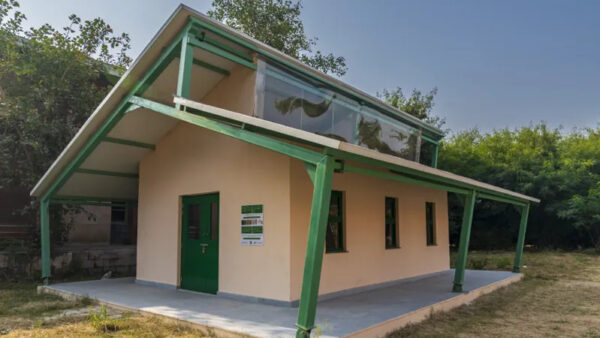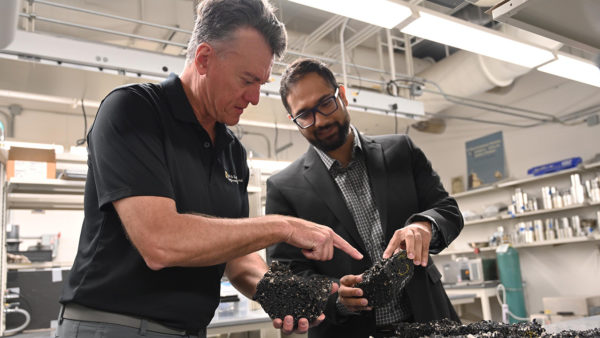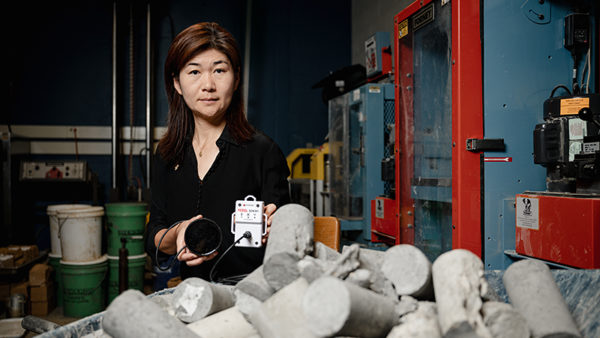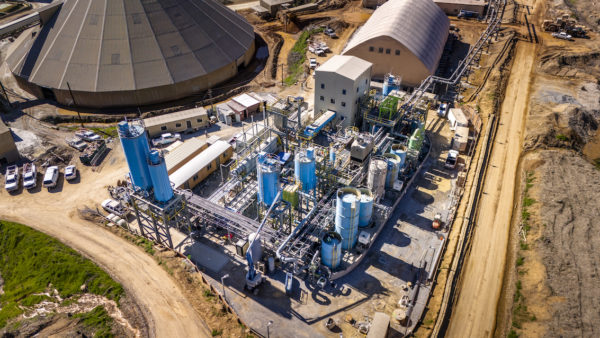Australian start-up Climate Change Technologies (CCT) has launched what it claims to be the world’s first working thermal battery.
The thermal energy device, or TED, can take in energy as electricity and store it as latent heat.
CCT envisages it being used to provide power away from existing grids, such as remote communities, telecoms networks and transport systems.
The battery has a lifetime of at least 20 years and can store six times more energy than the lithium-ion equivalent for between 60% and 80% of the price, the company said.
The business, which is based in Lonsdale, South Australia, will supply at least 10 TED units to commercial customers this year; production is expected to increase to more than 200 units by 2020.
Serge Bondarenko, the chief executive of CCT, said the batteries had the ability to change the global energy market by providing more affordable and environment-friendly power. He said: “TED is the first battery of its kind and will be a game changer in the renewables space, with the ability to significantly reduce power costs while providing versatile and long-lasting energy with little to no environmental effect.”
TED stores electrical energy, such as surplus power from wind and solar generators, as thermal energy by heating and melting a phase-change material. The energy is stored at more than 12 times the density of a lead acid battery, before being used to power a generator to provide current.
Production of the battery will begin immediately at the business’ Lonsdale plant; European energy partner MIBA Group will make and distribute it to Denmark, Sweden and the Netherlands.
Image: The battery can be scaled up to provide power to remote settlements (Dreamstime)
Further reading:










